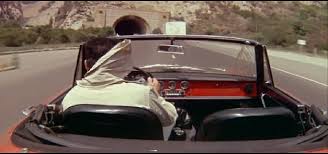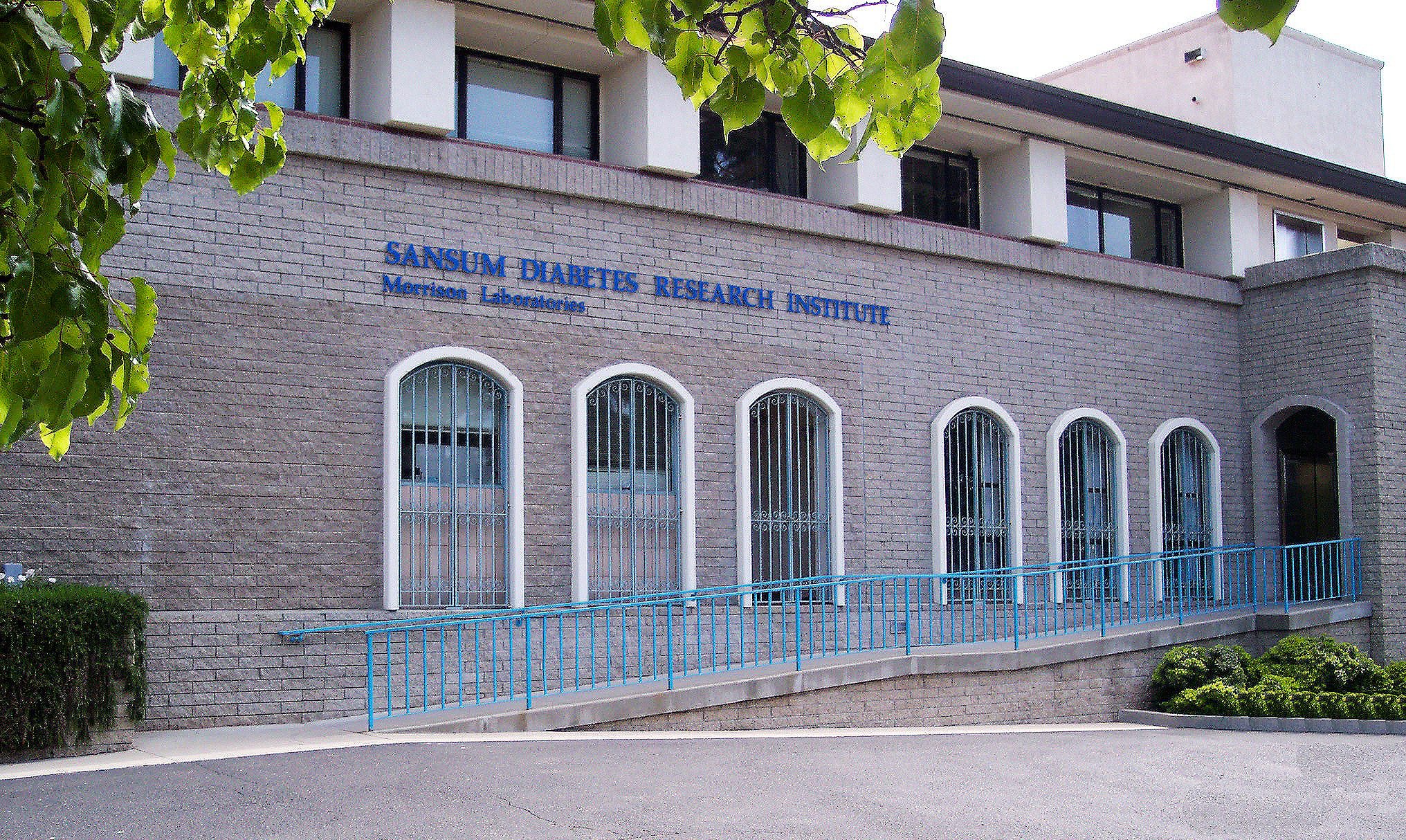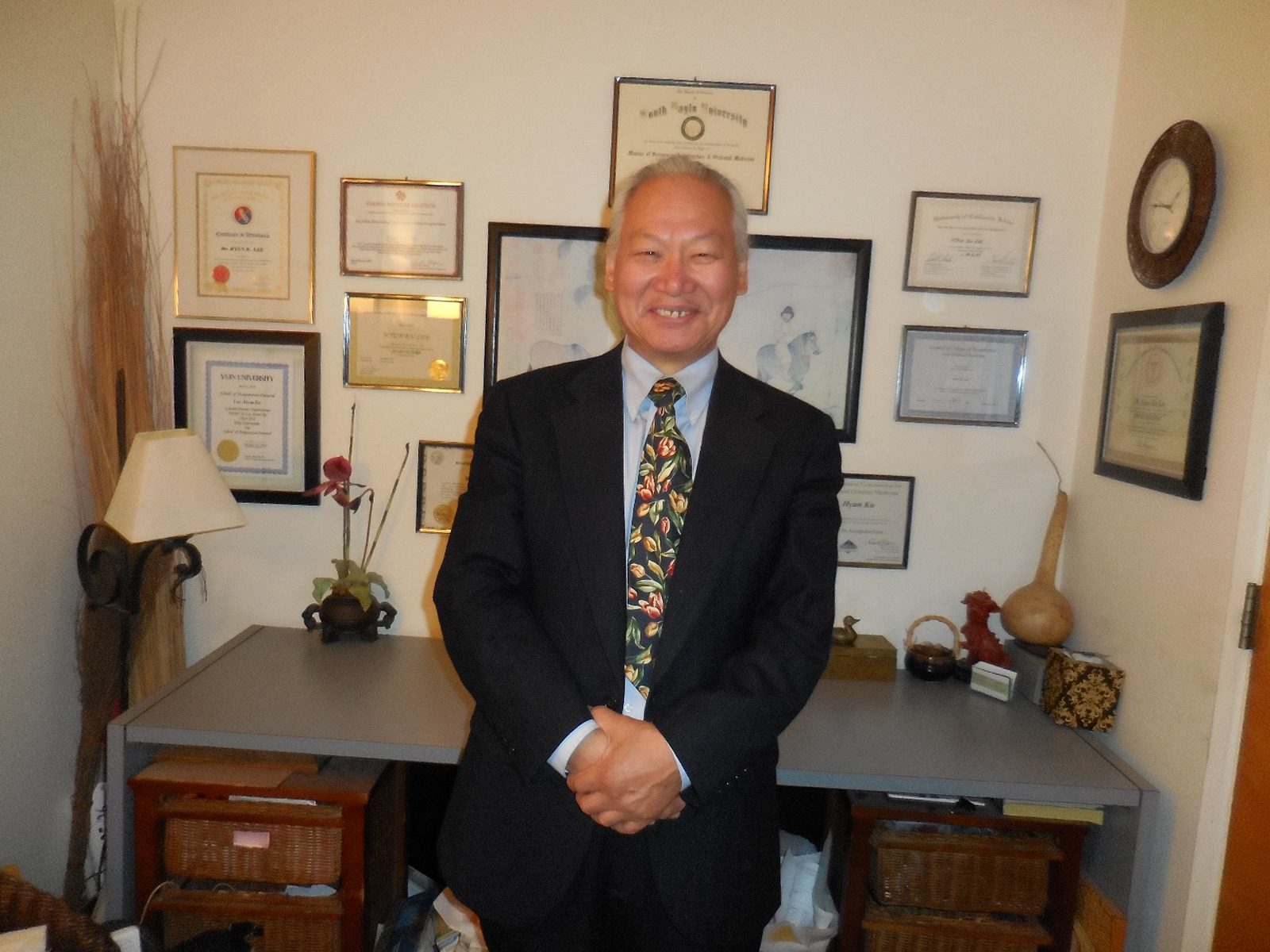By Pamela Dozois
Contributing Writer
Charles Webb, the reclusive author of “The Graduate” died on June 16 in Eastbourne, England. He celebrated his 81st birthday on June 9.
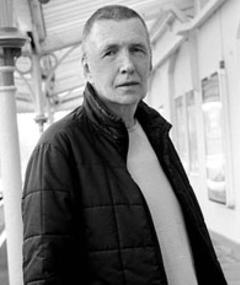
Author Charles Webb spent a few years as a local resident, attending Midland School in Los Olivos as a teenager, before becoming a best-selling novelist.
Photo contributed
Although Webb spent only a few years as a local resident, attending Midland School in Los Olivos as a teenager, he subsequently left a lasting impression on many of the Santa Ynez Valley’s senior residents, restoring forgotten relationships and bringing to mind memories of a simpler time, simply by seeking forgiveness for a youthful indiscretion.
I first came to know Charles Webb in early 2005 when I received an email asking me if I could locate the owner of a record store in Solvang which had existed in the mid to late 1950s. At the time I was working as the lifestyle editor of the Santa Ynez Valley News.
It was an unusual request, to say the least, but I felt the request was very important to the man who wrote the email. I scoured the archives, looking through the ads hoping to find one which I could use to track down the owner of the long-forgotten record store.
I called some of the residents who I knew had been around at that time, asking if they recalled a record store in Solvang in the 1950s, and was given a few possible names. In an effort to trim down the list of possibilities, I wrote a piece in the paper asking for the public’s help. I received a plethora of calls and was able to narrow it down to two possible candidates. It wasn’t until emailing back and forth to Charles that I realized who he was – the author of the book “The Graduate” that was made into my favorite movie of the same title in 1967. It is the only movie I have seen more than once or twice – I saw “The Graduate” nearly a half dozen times that year alone. He was not impressed, saying that I should have spent my time more wisely.
It was Charles’ intention to make amends to the owner of the record store or his descendants, for having pilfered a record from the store on a school outing to Solvang. Upon being discovered, Midland’s headmaster had required that a young Webb return the record and apologize, but Webb, secretly returning the record, omitted the apology. He needed to rectify that misdeed and relieve his conscience.
With the help of many of the valley’s residents, I was able to find “Davison’s…Home of Everything in Music,” but the owner Norman Davison, had since passed away. I was then able to locate Nannette and Donald, Davison’s children, and passed along the contact information to Charles. He subsequently sent Nannette a five-pound note on which he wrote: “To Nannette, with gratitude for the patience your family has shown me over the years. Charles Webb.” He also sent a five-pound note to Donald as well.
Both siblings were delighted and all was forgiven. But that wasn’t the end of it.
After the story about finding the record store appeared in the paper, I received an email from a long-time valley resident, Mark Sanchez, who recalled another record store in Solvang at that time which was owned by Bob Plant. Passing that information along to Charles, he then emailed me saying, “I think Plant is the one.”
My search then led me to Margaret Plant, Bob’s daughter, who told me that her father was alive and living in Arizona. I passed this information on to Charles and he sent Margaret a five-pound note as well, which she sent to her father with an explanation.
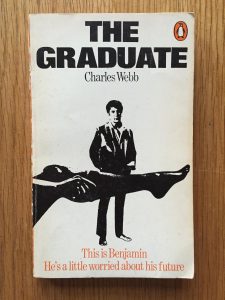
Charles Webb wrote many books, some of which were turned into movies. Some of the titles are: “The Graduate” (published in 1963); “Love, Roger” (1969); and “The Marriage of a Young Stockbroker” (1970).
Charles and his wife Eve, a painter known as Fred, have never been conventional members of society. Eve Rudd changed her name to Fred years ago as a gesture of solidarity with a men’s support group suffering from low self-esteem. Both from wealthy families, money or the acquisition of it had never been a high priority to the couple. They lived frugally all their lives, through their own choosing, having divested themselves from the very beginning of all their material belongings, rejecting materialism to the extreme. Most of their earnings were donated to people in need, in support of artists and their art and the Anti-Defamation League continues to receive money from “The Graduate” book sales. They’ve given away whatever money they earned including three homes, valuable paintings, his inheritance and royalties from his book sales and movies.
The highly successful film “The Graduate” starring Dustin Hoffman and Anne Bancroft, made money for lots of people, but not for the Webbs. He accepted approximately $20,000, a one-time payment, for his book, then watched the film make in excess of $100 million, which he saw none of. But Charles had no hard feelings, for him it was always about art and the artists.
“I feel most inspired when I’m broke,” he said, “It’s stimulating. Money or sometimes the lack of it is just a tool which enables you to get things done.”
Defying the law at the time, the Webb’s homeschooled their children, David and John, while working at menial jobs to support the family, moving from coast to coast, remaining under the radar.
Fred had suffered from obsessive-compulsive disorder and bulimia her whole life and had a severe nervous breakdown in 2001 after they moved to England in 1999. She slept for over two years, eventually recovering somewhat, but she was never the same, Charles confided. Charles was her sole caretaker up to her passing in 2019.
He once said to me, “The term ‘mental illness’ carries with it such a stigma; I would like to see that change. Mental illness is not some dirty little secret, it afflicts many families and should be addressed like any other illness.”
Webb continued to write, but was unable to participate in the “schmoozing required for making sales” with which Fred had helped him accomplish.
Webb has written many books some of which were turned into movies. The titles are: “The Graduate” (’63); “Love, Roger” (’69); “The Marriage of a Young Stockbroker” (’70); “Orphans and Other Children” (’73); “The Abolitionist of Clark Gable Place” (’75); “New Cardiff” (2001) (movie titled “Hope Springs”); “Home School” (2007) (a sequel to “The Graduate”); “Kwatz!” (2011); “The Tao of Aging” (2011); “Method Aging and the Infinite Game” (2011); “Tabloid Haiku!” (2011); and “Quick-knife Hoodoo” (2015).
But this narrative is not about Webb’s life – it is a personal one, about the effect he had on our valley and its residents. In an effort to find peace and forgiveness he brought the residents of the valley together in a way that one would not have imagined.
In an email I received in 2005 from resident Margie Johnson, it said, “It (the search for Webb’s record store) opened up a lot of doors that I would not have thought to walk through had it not been for my involvement in the search. After hearing about what you needed, I remembered someone who I thought would know the answer and called them up and had a wonderful time reminiscing about old times. That chat led me to a pharmacist who I thought might know and on and on — each of us making contact with others who had been there at the time. Your article seemed to unify the spirit of the Valley, recalling some of the history and the ties that bind us together. These people, the Davisons, were pioneers who built and protected this Valley and making contact with each other was great fun. I spoke to Donald who I had gone to school with and we reminisced about vying for the position of Yell Leader. So many thoughts came back to us about old times when things were simpler. When we had a dance, the whole town went to the dance. When we had a picnic at Nojoqui Falls, the whole town showed up. Your story has unified us a little bit. It allowed us to reconnect with that part of our Valley history and with each other. I feel a renewed sense of community spirit.”
Charles Webb was the catalyst that re-ignited a sense of community spirit and unity within a group of people who had forgotten their past – and even each other. When I told Charles what Johnson had said he replied, “Imagine what would have happened if I’d pulled an armed robbery?” His debt was not only paid, but paid in full.
My hope is that Charles Webb will be remembered for his honor, integrity, generosity, and faithfulness – to his wife, his art form, artists, and to his ideals and principles, however extreme they may seem to the main stream. Many people benefitted from his gentle giving spirit and his desire to make amends for past juvenile misdeeds.
I continued to remain in touch with Charles for many years after the articles ran in the paper via email, telephone and letter-writing. He was my friend.
To read more about Charles Webb’s extraordinary life, visit https://www.nytimes.com/2020/06/28/books/charles-webb-dead.html

